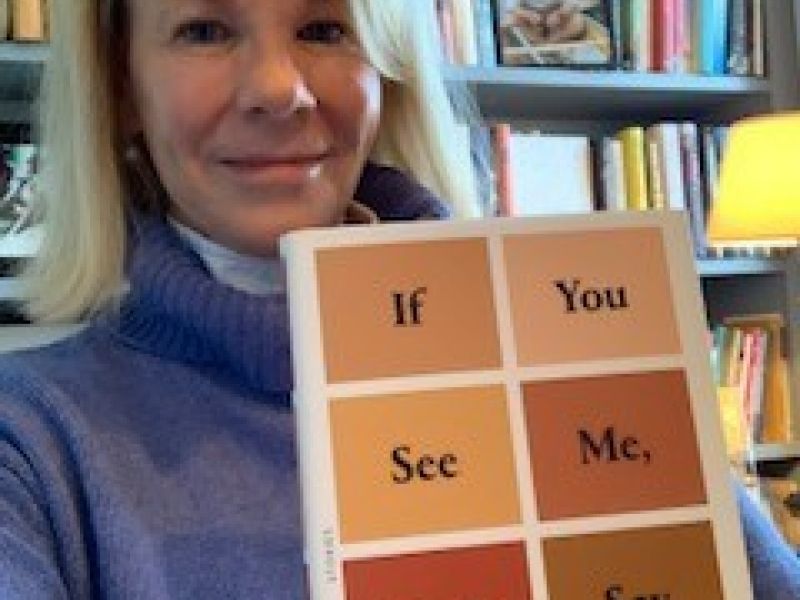As a relatively young author, Neel Patel’s writing style in this brilliant collection of stories, If You See Me, Don’t Say Hi, reflects the soul of a much more wise and worldly writer. His character studies of youngish, first generation Indian-Americans chronicle pivotal moments in the lives of immigrants—who are not necessarily caught in a cultural divide, as much as they are divided emotionally.
Patel focuses a panoramic pen on random observations and incidences in the lives of characters caught in the throes of sexual identity, sibling rivalry, fiery friendships, shame, loss, and unrequited love— all frustrated, fragile, and feisty. They stem from an array of backgrounds from blue collar to blue suit, gay and straight, city to suburban— with a subtle hint of commonality as well as a good bit of humor to each of their narratives.
The opening story, titled “God of Destruction” is about a depressed interior designer who accepts an internet date that ends badly, then turns to a cable guy for a one-night stand. “No one ever told me that happiness was like a currency: that when it goes, it goes, and that few people are willing to give you some of theirs,” she reflects—an accurately depressing description.
The title story is perhaps the subtlest and the saddest, having to do with sibling birth order and competitive pride— one that begins like a cultural divide, but soon reveals a much more general legacy of jealousy, neediness and pent up rage between two brothers who eventually fall out—the youngest, a doctor, more successful than his brother. A comment is made between them about a non-Indian, white-girl friend that triggers a ten-year silence between them.
My favorite pair of stories, the last two, ‘World Famous” and “Radha, Krishna”, are linked, and follow two characters who meet as kids and again later in a reunion of sorts, as adults. Less than stellar reputations follow them throughout their lives in their hometown, a gossipy place. Their shared stories are fraught with accounts of their failures, not surprisingly, but later the narrative leans toward a measure of redemption for them both. Patel writes with a deep sense of empathy which makes this story, and the entire collection, universal and engaging.
The overarching impression this book left was one not about age, race, or cultural barriers—so archetypal in today’s literature— but more about the universal premise that “we are all strangers in a strange land,” or as one of Patel’s characters says, “When it came to love, everyone was from a foreign place.”
